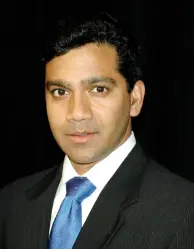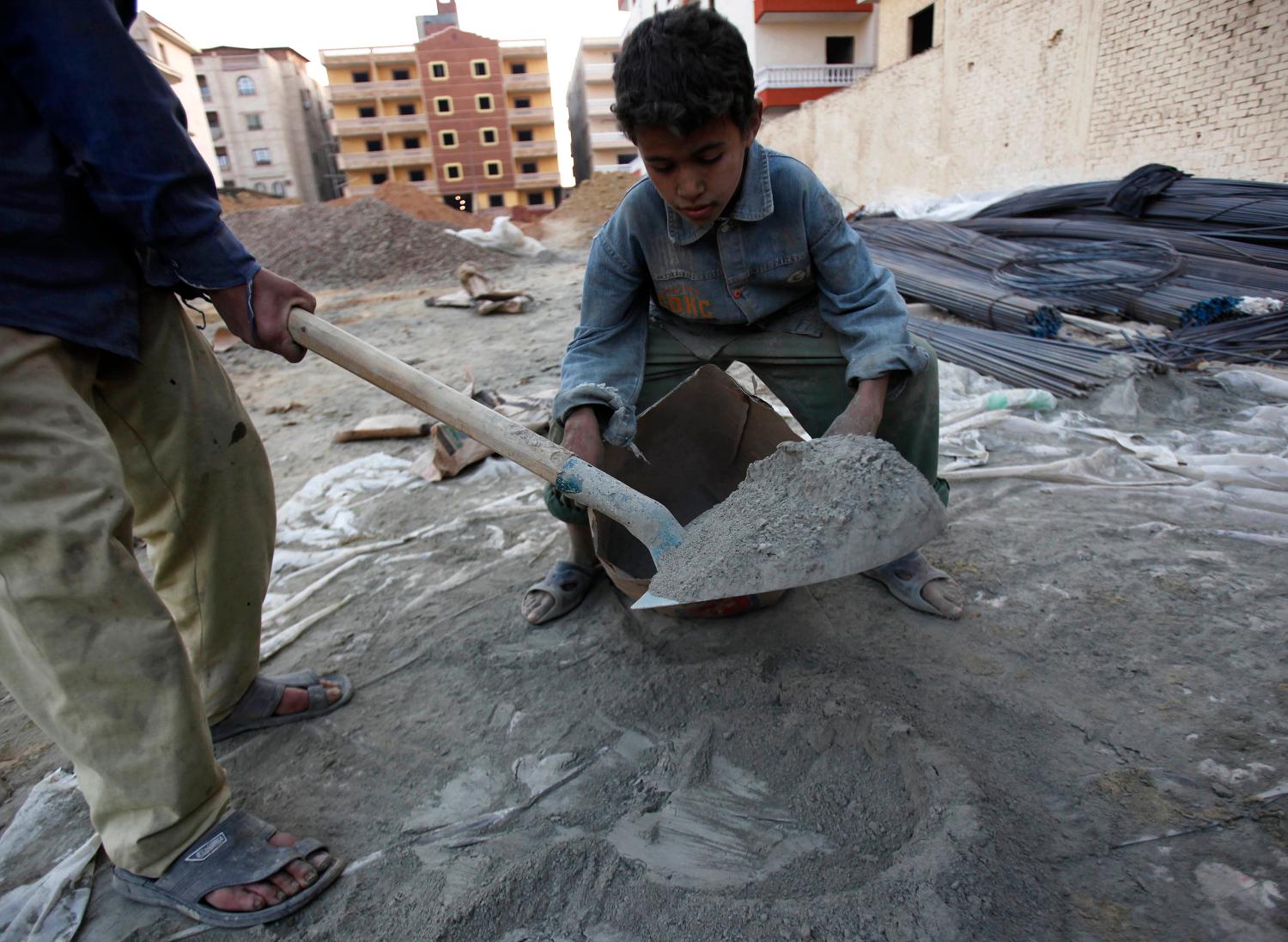Editor’s Note: For Campaign 2012, Shadi Hamid wrote a policy brief proposing ideas for the next president on U.S. policy in the Middle East. The following paper is a response to Hamid’s piece from Raj Desai. Tamara Wittes also prepared a response arguing that the next president must remain flexible in response to the political instability throughout the region.
For years, the United States was able to ignore democracy and human rights in the Middle East in favor of supporting autocrats who stabilized oil prices, signed treaties with Israel, repressed Islamist groups and, in the past decade, cooperated in antiterrorist actions. During the Bush administration, aside from Iraq, some Arab states tolerated U.S. democracy-promotion activities as long as they did not threaten incumbent regimes. In 2009 and 2010, funding for such activities in some Middle Eastern states was reduced.
But as Shadi Hamid points out, the Arab Spring has blown the lid off this arrangement. Elections in Tunisia and Egypt have shown that the median Tunisian and Egyptian voter is more anti-U.S., more anti-Israeli, and more pro-Islamist than the United States would like. As a result, the Obama administration has had to confront the reality that voters’ preferences, if translated into policy, might threaten regional peace or stability. It is small wonder that the Obama administration was forced into a complicated dance that required rhetorical support for Tunisian, Egyptian, and Libyan citizens while reassuring dictatorships in Jordan, Saudi Arabia, and even Bahrain of U.S. backing. Hamid also points out that trying to split the difference did Obama no favors—neither with the Arab public nor with Arab rulers.
How, then, should the next presidential administration support reform in the Middle East? Although the objectives of rebuilding American influence and supporting democratic reform in the region are laudable, one of the principal mechanisms Hamid proposes to accomplish this—a “reform endowment”—may not be the best approach. As he envisions it, a multilateral reform fund would be established to “apportion loans and grants to states or substate actors” that agree to undertake certain democracy-promoting reforms. Putting aside the thorny issue of loans (especially to countries like Egypt that may soon face serious debt sustainability problems), such a fund would raise three concerns.
First, it is unlikely that yet another U.S.-dominated, international institution will find a supportive public in the current Arab political climate. Arab citizens have not forgotten that U.S. financial assistance supported the old regimes. Nor have Arab citizens forgotten the U.S. role in the “austerity” era in the 1980s and 1990s when, amid falling oil prices, most Arab states undertook (albeit incompletely) painful structural economic reforms that slashed subsidies, ended long-term employment guarantees for some, and wound down a number public benefits. These popular resentments are unlikely to subside soon.
Second, it is unclear what added value such a fund would provide. Currently, the functions envisioned for the reform endowment are already performed by institutions such as the Millennium Challenge Corporation (MCC) and the Open Government Partnership (OGP). Of course, the MCC is not a multilateral institution as the reform endowment would be, but it operates along the same lines. That is, it provides grants based on whether recipients meet certain good-governance thresholds. Meanwhile the OGP—a multilateral body established at Obama’s suggestion, and in which countries seeking membership are required to meet similar criteria as envisioned in the Hamid proposal—is a purely voluntary organization with no capacity to provide loans or grants for good behavior. It is unlikely that the United States would be able to promote Arab democracy more effectively through a new institution than it would through expanding MCC or OGP programs in the Middle East.
Third, it is also unclear whether democracy-promotion activities undertaken by donors actually work as intended. The evidence of the effect of political conditionality on democratization in recipients of official development assistance is mixed at best. Most analysts find no effect of aid on democracy, with or without political conditionality. In one region where political conditionality imposed by donors seems to have made an impact—Eastern Europe—democratization occurred mainly in those countries offered EU membership. The absence of this kind of external inducement in the Arab world makes a similar impact unlikely.
One must ask—in an environment where the United States and other donors will continue to be fiscally constrained—whether it may be better to focus greater attention on economic reform and development in Arab states. This is not to say that democracy promotion should be excluded altogether. But it is clear that a strong economic rationale is driving Arab citizens to support democracy. In an Arab Barometer survey of Egyptians conducted in the summer of 2011, for example, almost two-thirds of respondents defined the most important characteristic of democracy as either low inequality or better provision of services. By contrast, only 6 percent consider elections to be essential. More than 80 percent say that “the economy” is Egypt’s greatest challenge. If the economies fail to deliver, democracy will fail.
Accordingly, one must ask whether U.S. financial assistance might be put to better use, both for rebuilding American influence and for underwriting democracy. For example, U.S. assistance to create jobs for those aged eighteen to thirty in Egypt, Tunisia, and Libya, through financing for vocational schools and active labor-market programs, would not only help a group that has historically borne disproportionate costs of economic adjustment but could also increase support for U.S. policies and influence among youth. U.S. leadership in reviving an expanded Barcelona Process and Union-for-the-Mediterranean initiative—both designed to build political, economic, and social partnerships between the European Union and its southern Mediterranean neighbors—could focus on behind-the-border trade issues such as logistics as well as provide guarantees for U.S. investors, eliminate investment obstacles, and ease technology flows between the United States, European Union, and North Africa.
The Arab Spring represents the most important set of political–economic transitions since the end of communism in Europe. But as Hamid points out, the United States has not found an effective way to channel its support for the reformers in Arab states into financial resources at a time when its influence in the region has waned. Correcting this state of affairs in the next presidential term is important. The question, and core of the debate that should continue, is how best to accomplish this.
The Brookings Institution is committed to quality, independence, and impact.
We are supported by a diverse array of funders. In line with our values and policies, each Brookings publication represents the sole views of its author(s).




